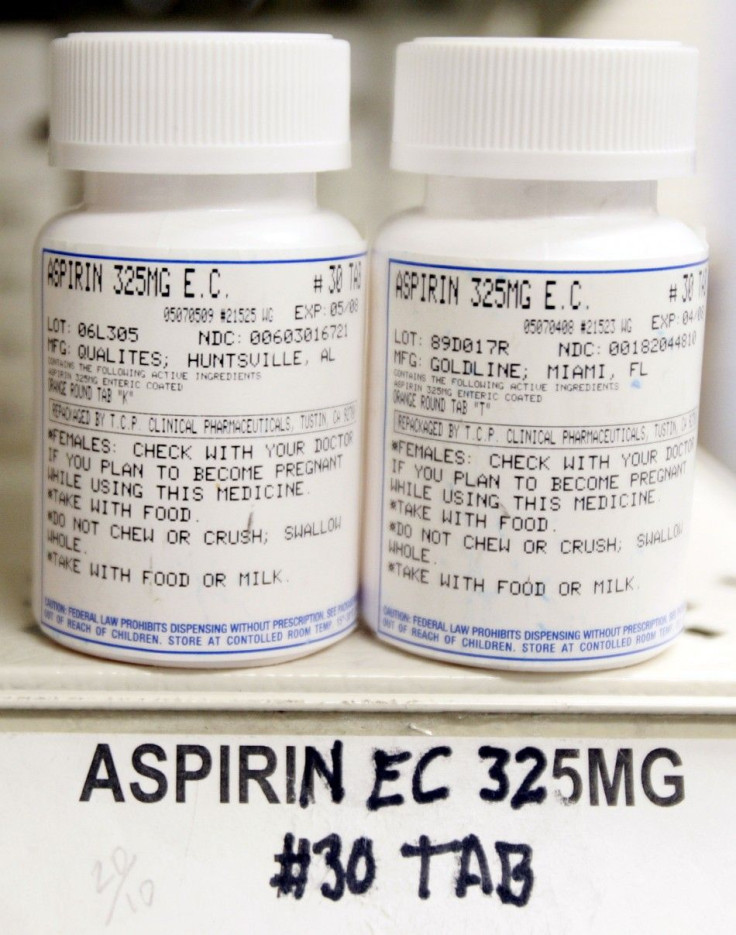Aspirin Can Potentially Help Speed Up Cancer Treatment

Achieving another milestone in the field of cancer research, a team of researchers at the Francis Crick Institute claims that aspirin can help boost the speed of cancer treatment. According to the researchers, supplying aspirin to cancer patients, along with immunotherapy, can significantly increase the effectiveness of the treatment.
Cancer is the second leading cause of deaths around the world. One of the effective ways to treat cancer is through immunotherapy, after which the patient's immune system starts to act against the cancer cell. In the recent study published in the journal Cell, the researchers have found a way to make immunotherapy even more effective in treating cancer.
According to the researchers, aspirin can successfully help boost immunotherapy treatment specific to skin, bowel and breast cancers. Aspirin, which is a part of a large group of COX inhibitors, works by suppressing the production of prostaglandin E2, or PGE2.
In skin, bowel and breast cancer patients, large amount of PGE2 is produced. PGE2 slows down the normal action of a patient's immune system against the faulty cells that hide cancer. Such cells proliferate in number and size, and sometimes immunotherapy stops to show its effect in such patients.
During the study, the researchers found a combined therapy of aspirin and immunotherapy to be effective in mice. The combination therapy helped slow down melanoma and bowel cancer growth in mice more effectively than immunotherapy alone.
"Giving patients COX inhibitors like aspirin at the same time as immunotherapy could potentially make a huge difference to the benefit they get from treatment,” said study author Professor Caetano Reis e Sousa, in a press release. “It's still early work, but this could help make cancer immunotherapy even more effective, delivering life-changing results for patients."
However, the researchers are still unsure about the combined action of a COX inhibitor and immunotherapy in humans. However, they are excited to see that the research findings provide a means of a positive step toward cancer research.
© Copyright IBTimes 2024. All rights reserved.





















